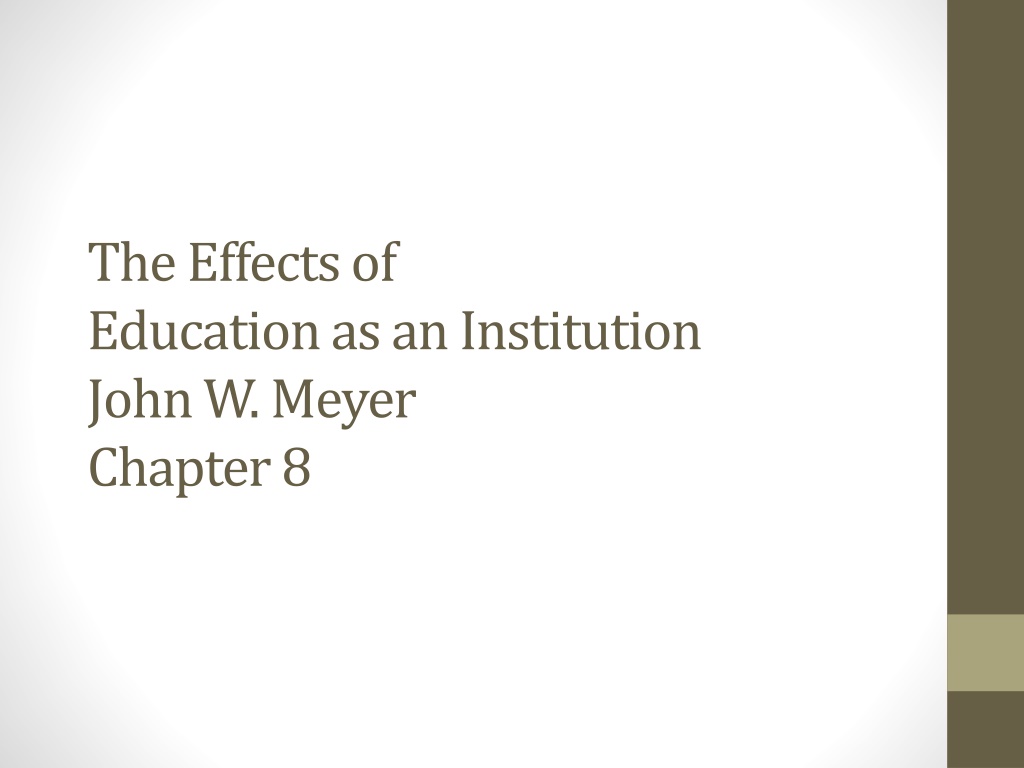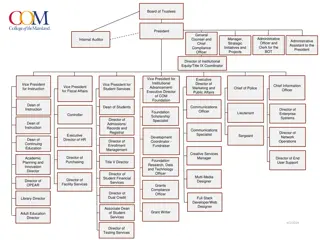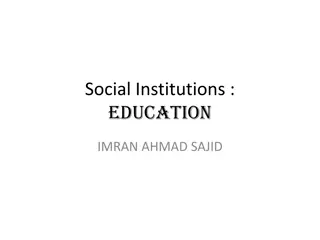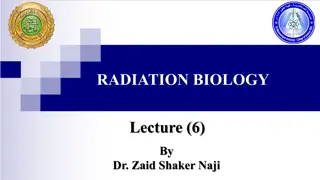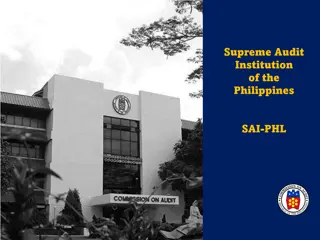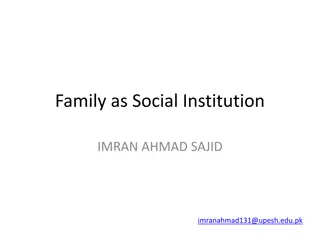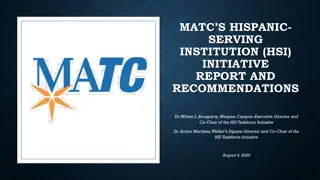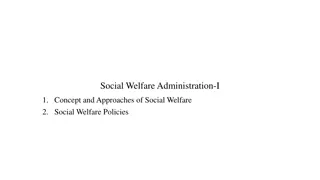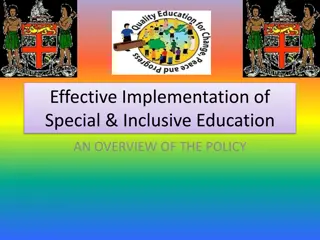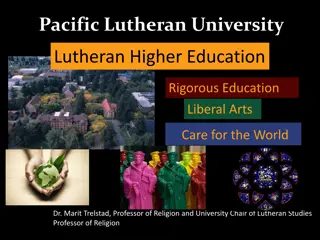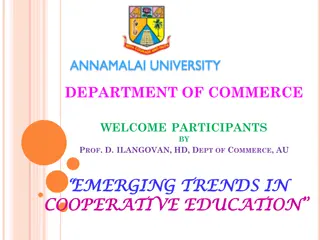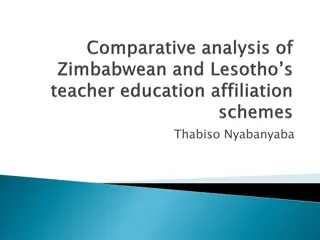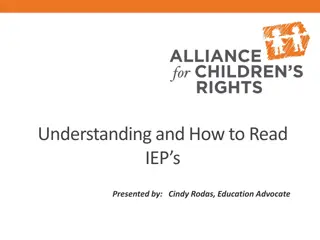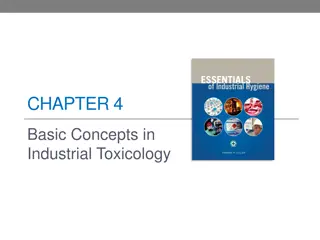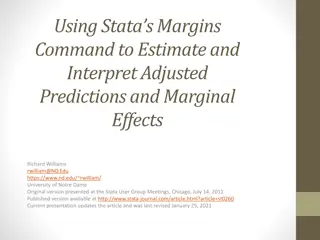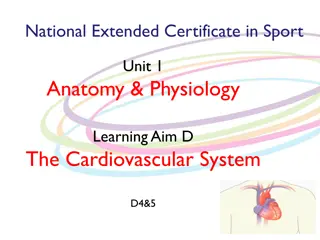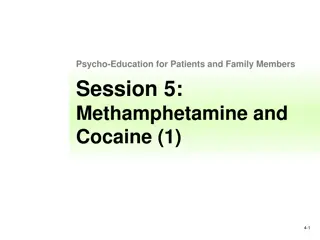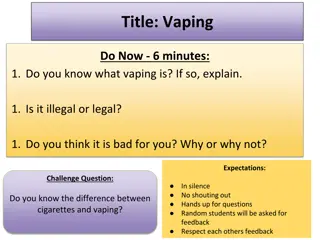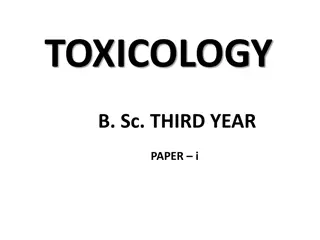Effects of Education as an Institution: Insights from John W. Meyer
Understanding education as an institution through legitimation theory and macro-sociological perspectives. Examining socialization, allocation, and social effects of education on individuals and society. Explores the transformative power of education in creating new roles, knowledge, and societal structures.
Download Presentation

Please find below an Image/Link to download the presentation.
The content on the website is provided AS IS for your information and personal use only. It may not be sold, licensed, or shared on other websites without obtaining consent from the author. Download presentation by click this link. If you encounter any issues during the download, it is possible that the publisher has removed the file from their server.
E N D
Presentation Transcript
The Effects of Education as an Institution John W. Meyer Chapter 8
Legitimation Theory Education is a system of institutionalized rites transforming social roles through powerful initiation ceremonies Transforms society by creating new classes of personnel with new types of authoritative knowledge
Macro-sociological theory Network of rules creating public classifications of persons and knowledge More powerful than socializing function
Socialization Model Proposition 1: Socialization (supported) Proposition 2: Socialization and Adult Competence (questionable) Proposition 3: Individual Competence and Social progress (little empirical evidence) **Missing element Educational systems are society-wide and state controlled
Allocation Model Ed as a selector, sorter and allocator Proposition 4: Educational Allocation; status duration/type of education Proposition 5: Chartering: external role status achieved upon entry Proposition 6: Lagged Socialization: adopt appropriate roles **missing element: focus on individual being processed w/ the social structure constant
Social effects of Education Set of initiation ceremonies that transform futures and pasts; enhance their value in social situations A fixed capital asset more durable than work, income, family, property Non-students; lower prospects, desocialized, committed to passive roles, allocates to failure
Legitimation Theory Proposition 7: Expansion of education increases functions under social control Proposition 8: Increases the specialized positions in society; defines and justifies their occupancy by certain people (*hired check credentials not competency) Proposition 9: creates a collective reality Proposition 10: Nation-building and citizenship Proposition 11: intensified causal relationship between allocation and socialization
Legitimation Effects Expands the notion of homogeneity and ignorance Reconstructs, reorganizes, expands socially defined categories; personnel and knowledge Highly institutionalized status in society Crucial ritual system of initiation and classification **effects society widely
Conclusion Schooling reconstructs reality for everyone Schooling confers status; highest level of legitimacy in society Secular religion in society legitimating account of competence of citizens, authority of elites, buffers society from uncertainty Through ordering our lives around it and our participation we serve to perpetuate it and maintain its authority
